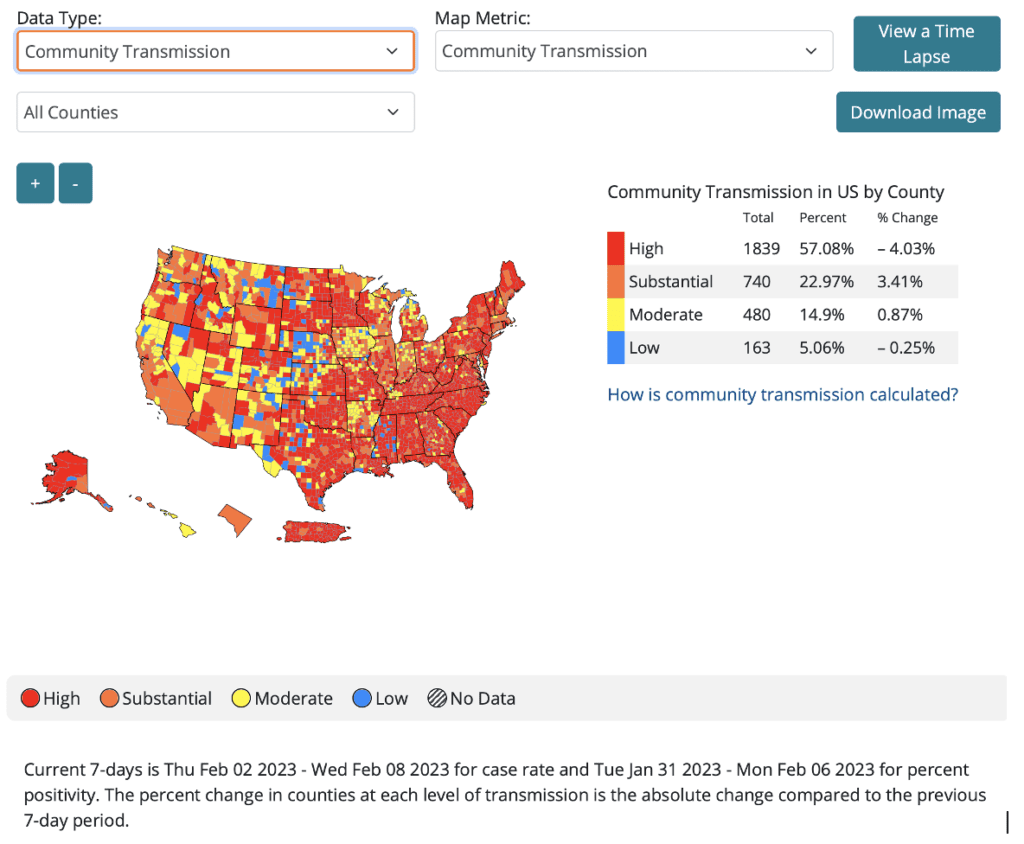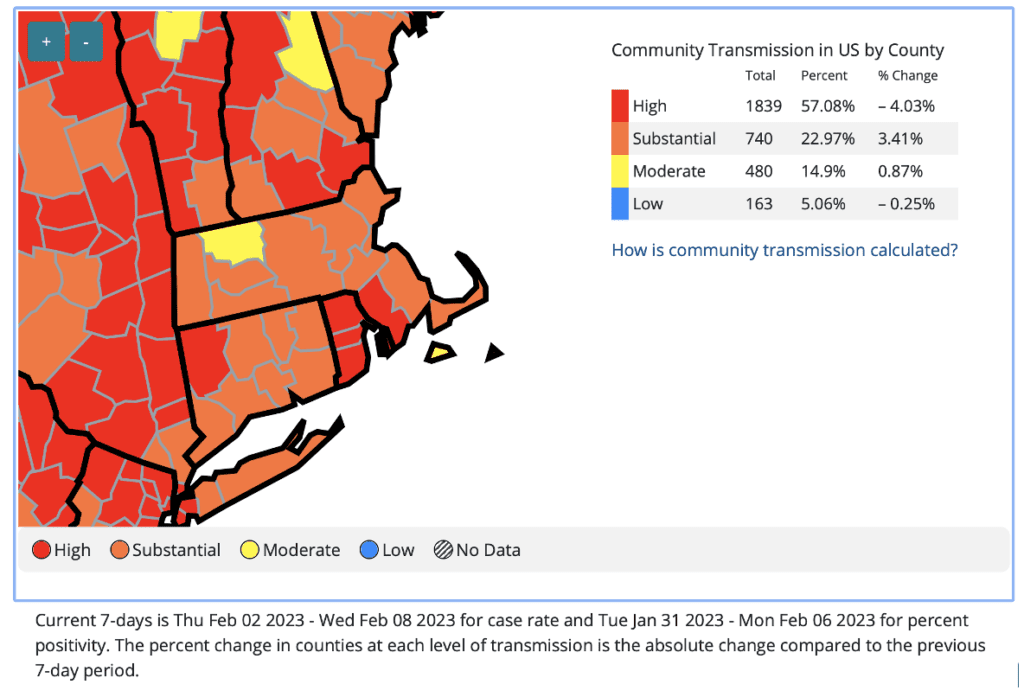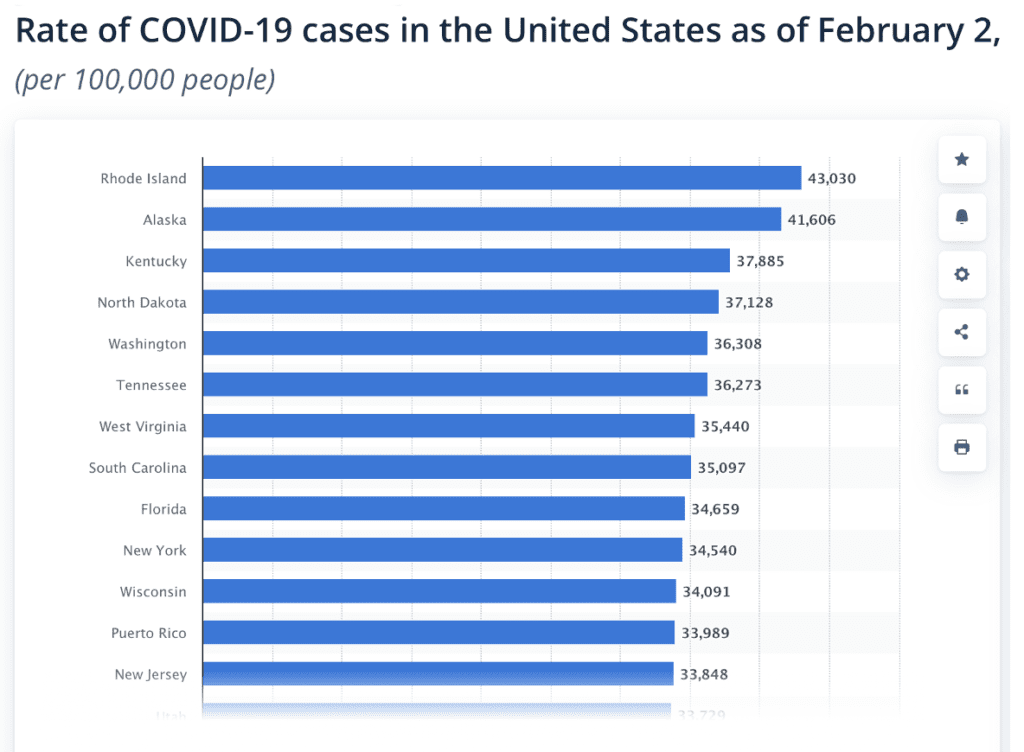Search Posts
Recent Posts
- Vinny Paz to be inducted TODAY into the International Boxing Hall of Fame – CES Boxing June 7, 2025
- In the News… quick recap of the week’s news (6.7.25) June 7, 2025
- Burn with Kearns: Strong without the spend: How scraps became strength tools – Kevin Kearns June 7, 2025
- Rhode Island Weather for June 7, 2025 – Jack Donnelly June 7, 2025
- How to advocate for threatened properties: The Heritage Alliance of Pawtucket June 7, 2025
Categories
Subscribe!
Thanks for subscribing! Please check your email for further instructions.

Your COVID risk depends on who, and where, you are – Nick Landekic
By Nick Landekic, contributing writer to RINewsToday
Photo: RI photographer Jason Michalski
President Biden wants the COVID national state of emergency to end on May 11. People can say and wish anything they want, but numbers don’t lie. The declaration is not based on scientific developments but unsupported wishful thinking. The facts show we’re not out of the woods yet.
Here’s where we stand.
The virus seems to have missed the message that it was ending because it’s still killing about 500 Americans every day. That’s like five airliners crashing and killing everyone aboard – every day. Over a quarter million Americans died of COVID last year. 15,000 more died in January. Think about how many people you’ve heard became infected lately. The virus will be with us for a long time.
Here’s what you can do to protect yourself and the people you love. Your risk from COVID depends on who you are, and where you are.
First, the single biggest predictor of a poor outcome from COVID – severe disease, hospitalization, or death – is age. 98% of COVID deaths are now happening to those over 50. If you are over 50 and especially 65, you are at much greater risk from COVID than younger people.
Children under 1 year and especially less than 6 months old have the second highest COVID hospitalization rates – higher than anyone except those over 75.
Some medical conditions can predispose to higher risk, such as having high blood pressure, asthma, or diabetes – even if you are vaccinated. The immune compromised, including those with cancer, lupus, an organ transplant, or taking immunosuppressive drugs, are also at greater risk. Talk with your doctor to find out if you may be at increased risk from COVID.
Second, infection risk depends on location. Different geographic areas can have very different risks. Where you are matters a lot.
The Centers for Disease Control tracks actual COVID infection transmission. Currently 80% of the country has High or Substantial infection spread.

All of Rhode Island is currently at High infection spread.

Rhode Island holds the distinction of having had the highest number of recorded COVID cases per capita of any state in the country. Including in children. At times we have had the highest infection rate in the entire world.

Rhode Island has shown the worst pandemic public health performance of any state, an embarrassment that doesn’t seem likely to improve in the future. Living here has meant a greater risk of COVID infection than anywhere else in the country. In comparison, nearby Maine and Vermont have had the third and fourth lowest cumulative per capita infections.
Rhode Island has not had a permanent State Medical Director of the Department of Health since Dr. Nicole Alexander-Scott resigned over a year ago.
Why has Governor McKee not hired a permanent replacement? Is it because he does not want to hear tough talk about our bottom of the barrel performance?
Many people have decided to ‘move on’ from the pandemic. But the virus is still among us, constantly mutating new variants with increasing transmissibility and ability to evade vaccines. Like CH.1.1, the most immune evasive variant to date, currently increasing around the world and already dominant in some countries.
If you’ve had COVID and think it ‘wasn’t that bad,’ consider studies have shown each infection is more severe than the one before. Each time you get infected there is a 2 to 3 times higher chance of severe illness, hospitalization, organ damage, or death. Then there’s Long COVID that afflicts 10-45% of survivors. It’s best to avoid having it too often.
We all want simple, uniform guidance for everyone. COVID doesn’t make things that easy for us. The unfortunate reality is the rules are different depending on who you are and where you are
Going forward, if you are over 50, have an infant, or have a medical condition putting you at higher risk, if want to avoid getting infected you can check the infection risk in your area either at The People’s CDC (https://peoplescdc.org) or Community Transmission on the CDC website.
Our elected leaders, both national and state, seem to care more about money and the economy than our lives. As a result we have to take more responsibility for our own health. Taking a minute to check infection risk in your area, thinking about your personal situation, and deciding what precautions to take, could go a long way to keeping you and your loved ones safe.
—–Nick Landekic of Bristol is a retired scientist and biotechnology entrepreneur who spent more than 35 years working in the pharmaceutical industry.

100% on the money.
Thank you Paula.